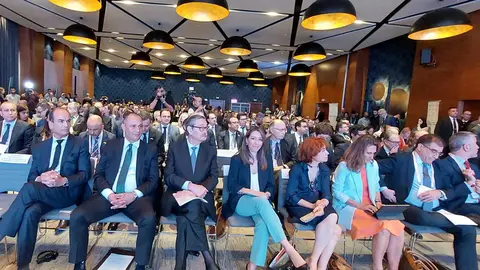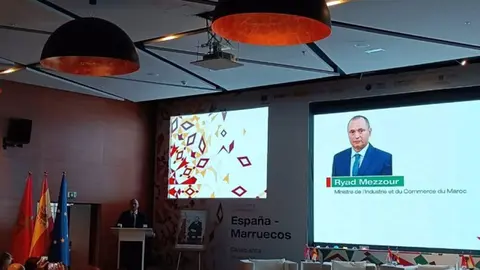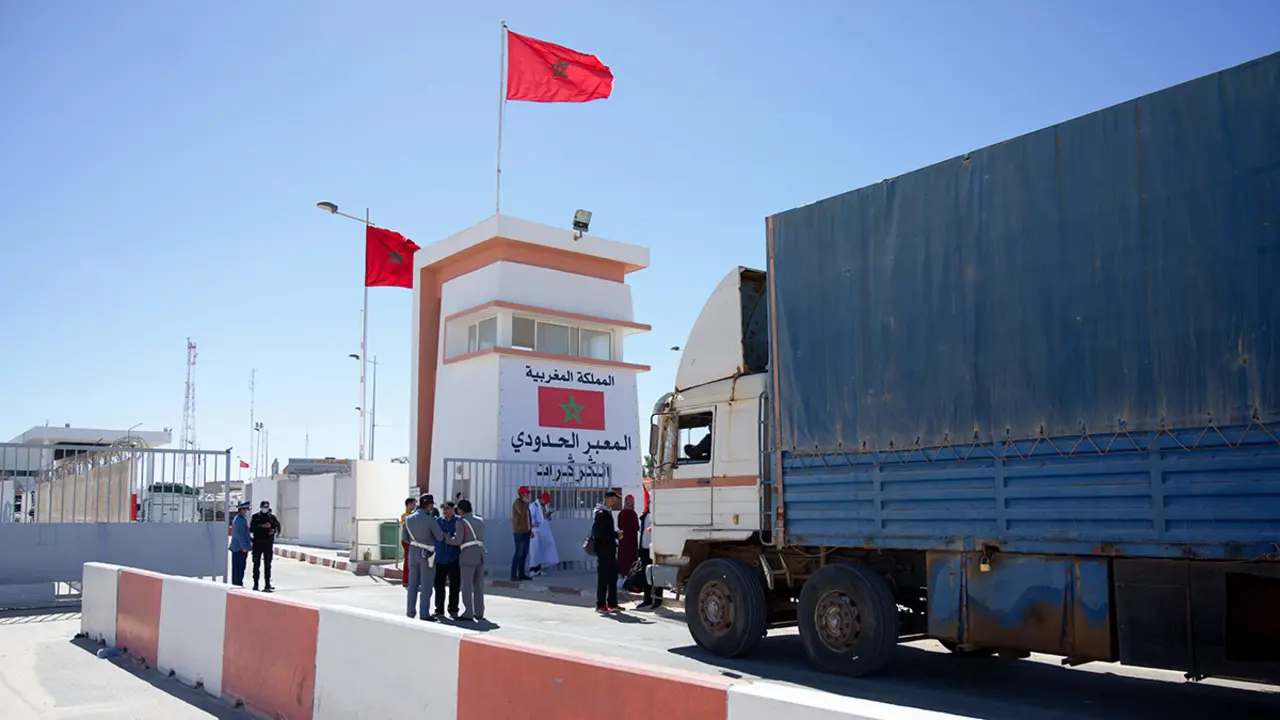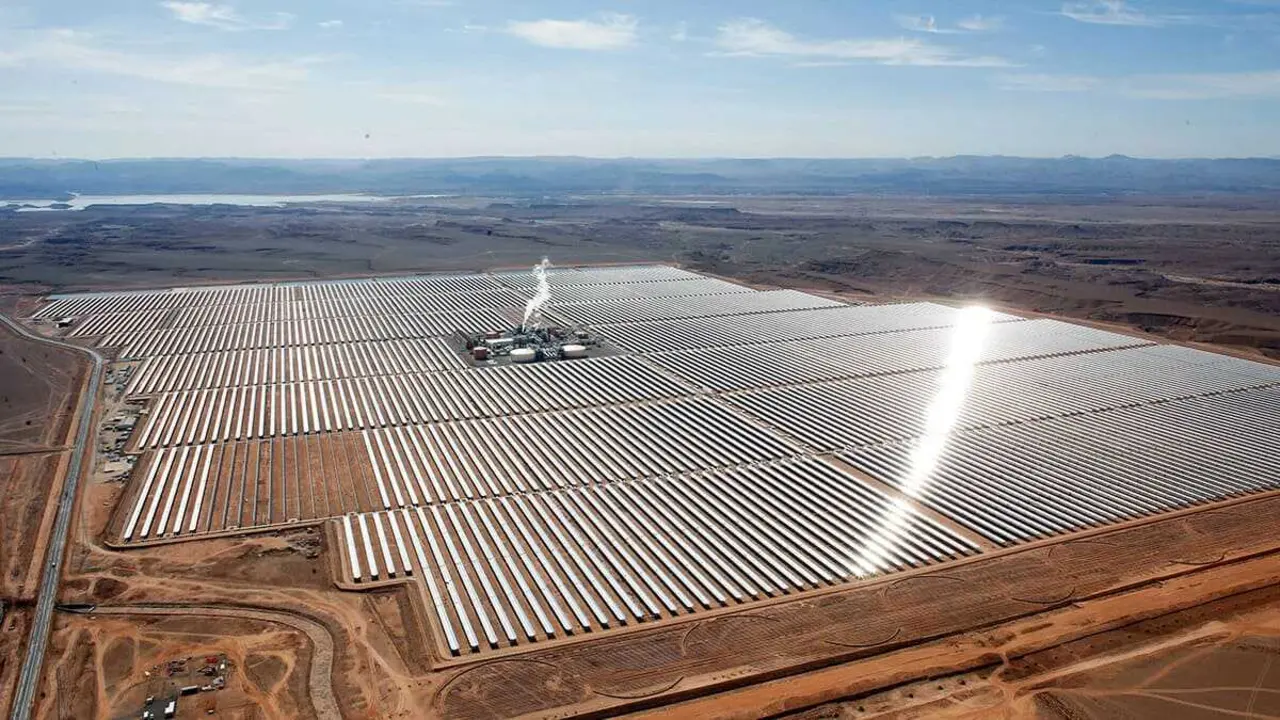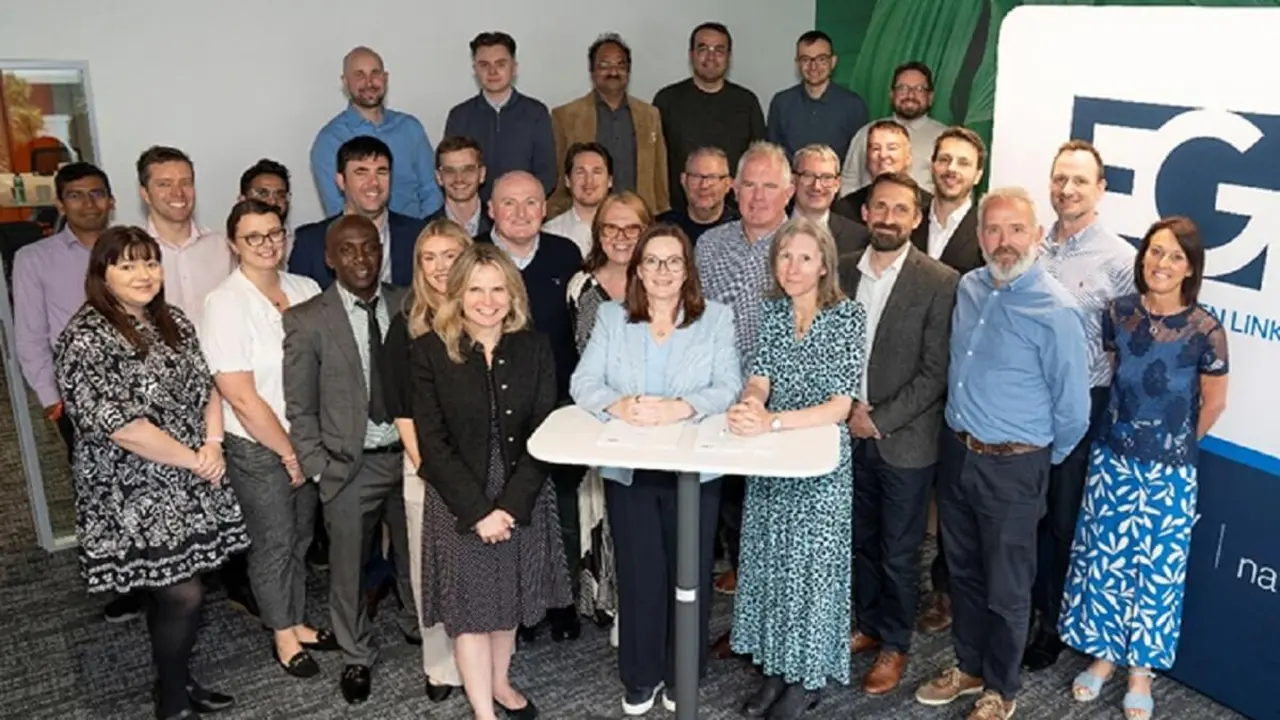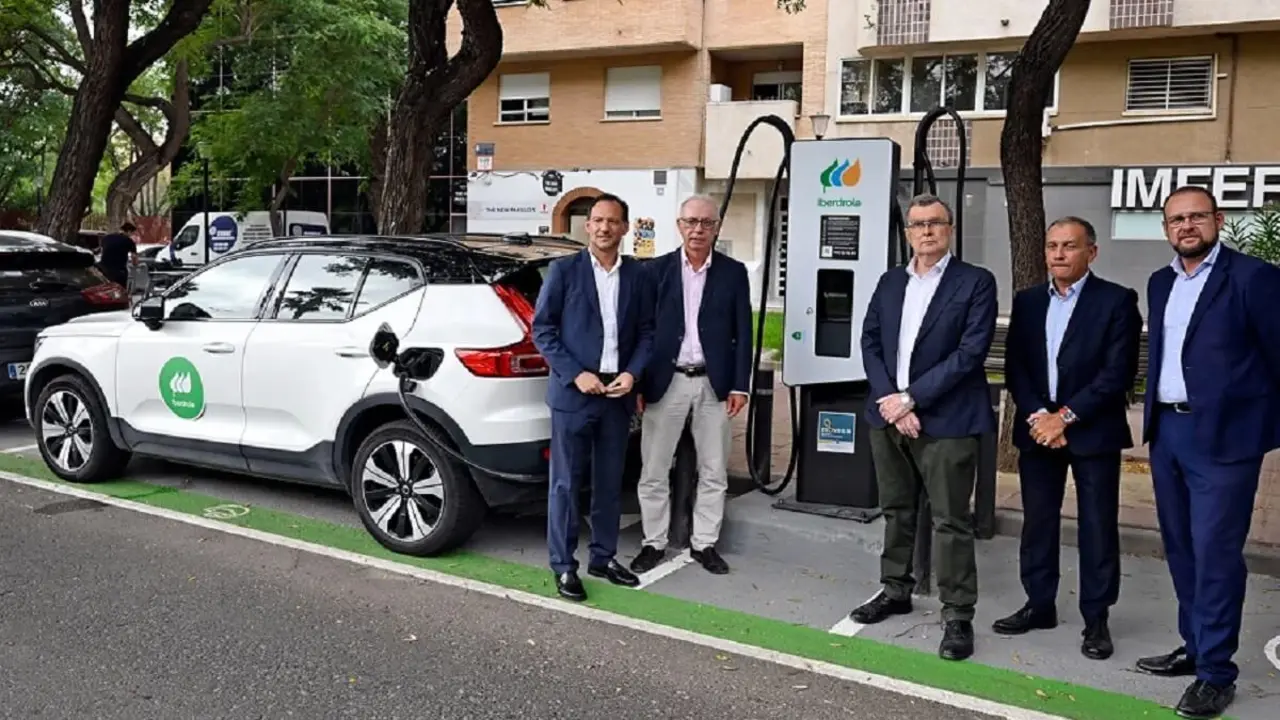Morocco: a great option for investment in renewable energies

Casablanca is the venue for the Spain-Morocco Business Meeting, which aims to highlight the investment options available to Spanish companies in the Moroccan Kingdom.
The Spain-Morocco Business Meeting has hosted the workshop "Renewable Energy Sector and the Environment in Morocco", which has highlighted the development of the renewable and clean energy sector. The Director of Development of the National Office of Water and Electricity (ONEE), Mohamed Bouramtane, clarified the new strategy of the Kingdom of Morocco launched in 2009 with the intention of achieving energy sovereignty, underlining the challenges facing this process, especially the storage, transport and supply of renewable energy.
The representative of the historical operator of production, distribution and supply of energy in Morocco recommends taking measures to accompany the energy transition for investors in this sector through framework laws and the liberalisation of the sector.

Yassmina Benmassaoud, representative of MASEN, spoke of the objectives of the agency as defined in its law of creation and which aim to enhance sustainable energy resources, covering 52% of Morocco's energy needs in renewable energies by 2030; highlighting the Spanish companies involved in the Noor Ouarzazate projects within the framework of a strategic alliance between Morocco and Spain. She also pointed out the importance of the Noor Midelt II and III projects for foreign investors, highlighting Morocco's offer of green hydrogen as an attractive line of activity for Spanish investors.
Speaking about green hydrogen, Mundir Zniber, president of GAIA Energy, said that "it is time for the private sector to take the lead in investing in renewable energies, as we are facing a paradigm shift that requires connecting the Moroccan private sector with the Spanish private sector".
Zniber emphasised that "Morocco has a primary interest in moving closer to its northern neighbour, which had embarked on a very dynamic path towards renewable energies", urging Spanish companies to take advantage of green kilowatts at a price that will be stable for twenty years.
Within the same framework of the decarbonisation of the economy, Sarah Drioui, Director of Research, Development and Innovation Programmes at IRESEN, emphasised the creation of links between companies with ambitions to invest in Morocco and the needs of the market. In her speech, she also mentioned the Centre for the Development of Industrial Technology (CDTI) as IRESEN's counterpart in Spain, inviting it to consolidate an energy partnership by improving cooperation at the level of scientific research and innovation, particularly in terms of energy storage projects.

For his part, Mohamed El Haouari, Director of Renewable Energies and Energy Efficiency at AMEE, presented the project that unites them with the Andalusian Regional Government as a major step towards improving living conditions, given the current climate situation. The energy transition for him is the locomotive for the Moroccan economy; betting on reducing consumption and maintaining the quality of energy.
Laila Oualkacha, Head of Projects at the General Directorate of Hydraulics of the Moroccan Ministry of Equipment and Water, spoke first of all about the National Programme for the supply of drinking water and irrigation throughout the Kingdom in order to overcome the successive problems of drought since 2018, a strategy whose horizons have been set at 2030 and extended to 2050. Secondly, and to move forward with new technologies in the water economy and the fight against the waste of this essential resource, Oualkacha has stressed the importance of a public-private partnership for the financing of the water sector; affirming that there is a great opening of this vital economy to the private sector in Morocco.
In the same context of water, Youssef Chakour, director general of CASABAIA, mentioned the launch of a project for treated water to be sold for use in irrigation, noting that Casablanca lacked a wastewater treatment plant and that there is a project with a budget of 1.5 million dirhams that will come to light in three years that will allow the city to have its own wastewater treatment plant.

